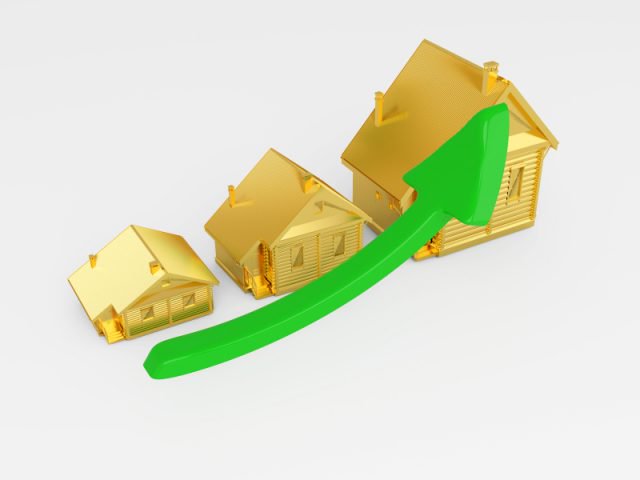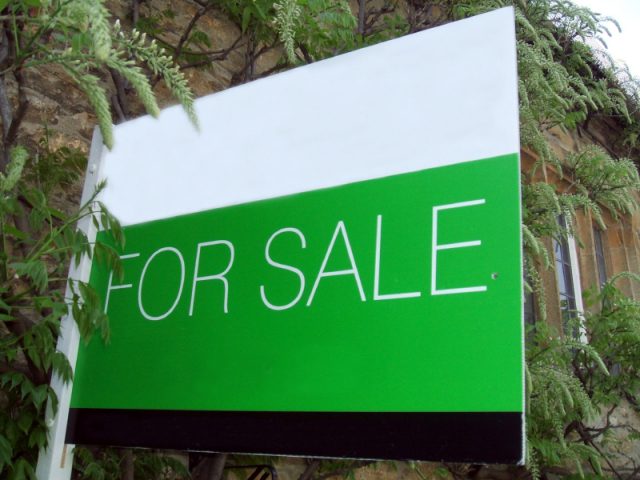British Homes are Earning More Than Their Owners
Last year, British homes earned more than nearly half of all workers, according to a new study.
The average house price in Britain increased by £18,000 last year – more than the salary of almost 40% of the workforce, says Post Office Money.
The Cost of Buying and Moving report reveals that the average price rise almost matched the starting salaries of many professionals, including nurses, teachers, junior hospital doctors and police officers, who all start on around £22,000 per year.

British Homes are Earning More Than Their Owners
In London, the average property price increased by £46,000 in 2015, compared to an average annual salary of £36,000 in the capital.
A recent report from the Halifax discovered that the largest gap between wages and property price rises was in Three Rivers, Hertfordshire, where house prices have risen by £148,000 in the past two years, exceeding average earnings by a huge £98,000.
Three Rivers is becoming increasingly popular with London commuters, due to the Metropolitan line.
The second biggest gap was in Harrow, northwest London, which often features in the top ten areas with the fastest rising prices.
Greenwich was in third place thanks to becoming a regeneration hotspot. It is just minutes from Canary Wharf on the DLR and Jubilee line, and will boast a new Crossrail station in 2018, making it even quicker for workers to get to the City of London.
The average house price rise in the UK was £5,800 lower in December last year compared to the year before, while workers’ wages increased by an average of £400, to £26,400.
In London, the average property price growth fell by £11,300 from £57,600 for the previous year. However, the average home in the capital still costs £536,000. Elsewhere, the average price is £365,000 in the South East and £315,000 in the East of England.
The Head of Mortgages at Post Office Money, John Willcock, analyses the data: “Although the rate at which property prices have increased has slowed compared with the dramatic rises seen in 2014 and early 2015, we have still seen a big increase in prices over the last year.
“This has been driven by demand for housing outstripping supply, with the number of properties coming to market failing to match the needs of people looking to buy.”
He remarks: “While this is good news for those who already own their home and will see their property wealth increase, our study highlights the uphill struggle that buyers and movers looking to climb the property ladder continue to face, especially when attempting to get on that all-important first rung.”
Willcock offers his predictions for the rest of the year: “Forecasts seem to indicate a year of two halves in 2016, with prices pushed up before April, as buyers race to beat the new Stamp Duty surcharge on second homes, but then weakening following its introduction and uncertainty around the UK’s position in Europe.
“In the medium term, house prices look likely to continue to rise, as demand for property continues to outstrip the supply of new homes.”1
As of 1st April, buy-to-let landlords and second homebuyers will be charged an extra 3% in Stamp Duty. Reports have found that landlords are rushing to complete on property purchases to beat the deadline.
It has also be claimed that home movers are delaying their plans ahead of the EU referendum on 23rd June, deciding whether to move once the outcome is confirmed.
Additionally, questions were raised this week over whether housebuilders are restricting housing supply in order to boost profits.
1 http://www.homesandproperty.co.uk/property-news/british-houses-earn-more-than-their-owners-average-home-rose-by-almost-20k-across-the-country-and-a99506.html










